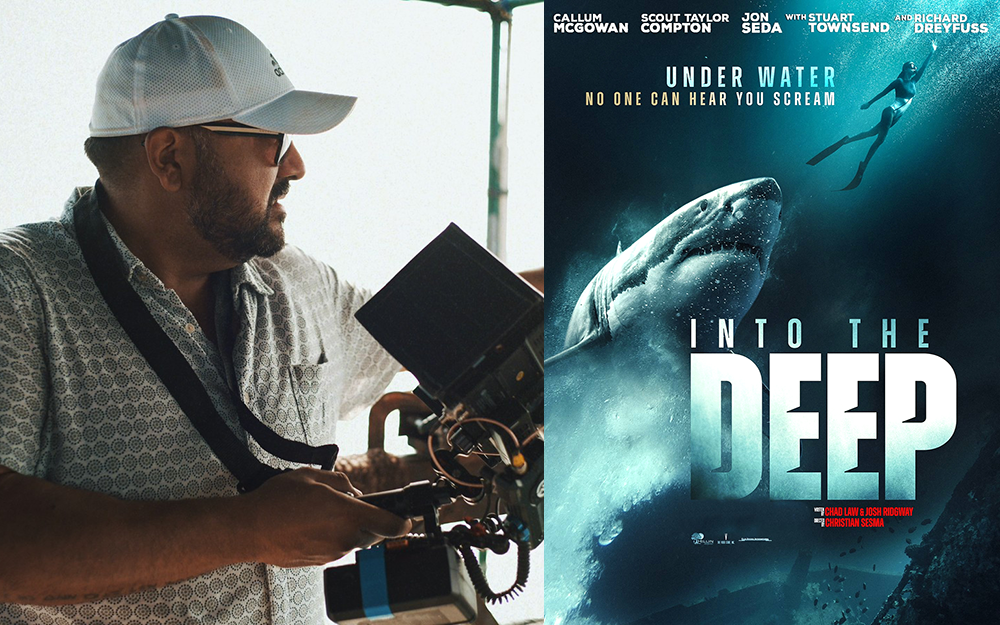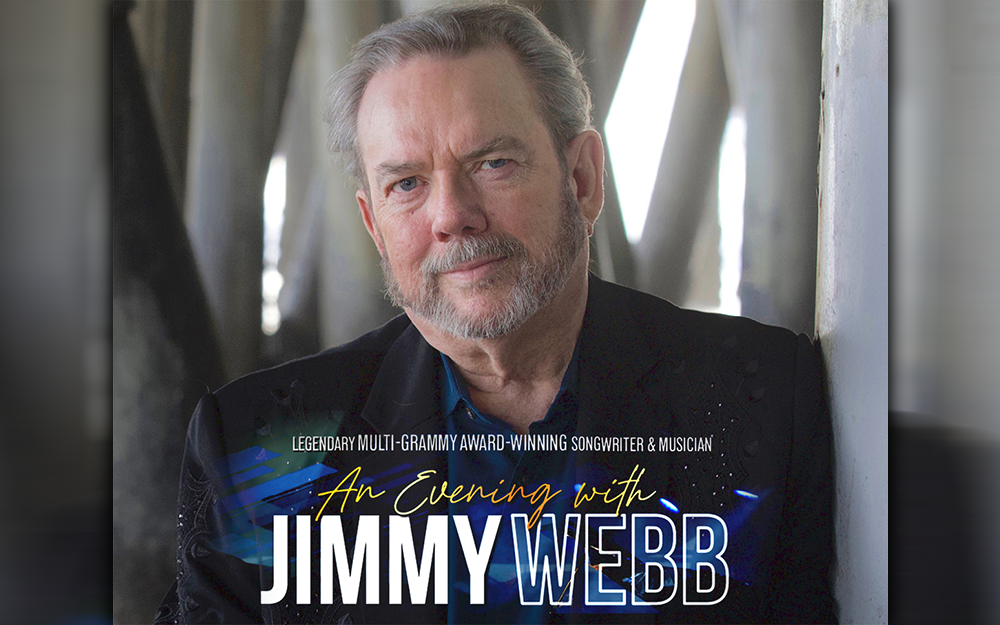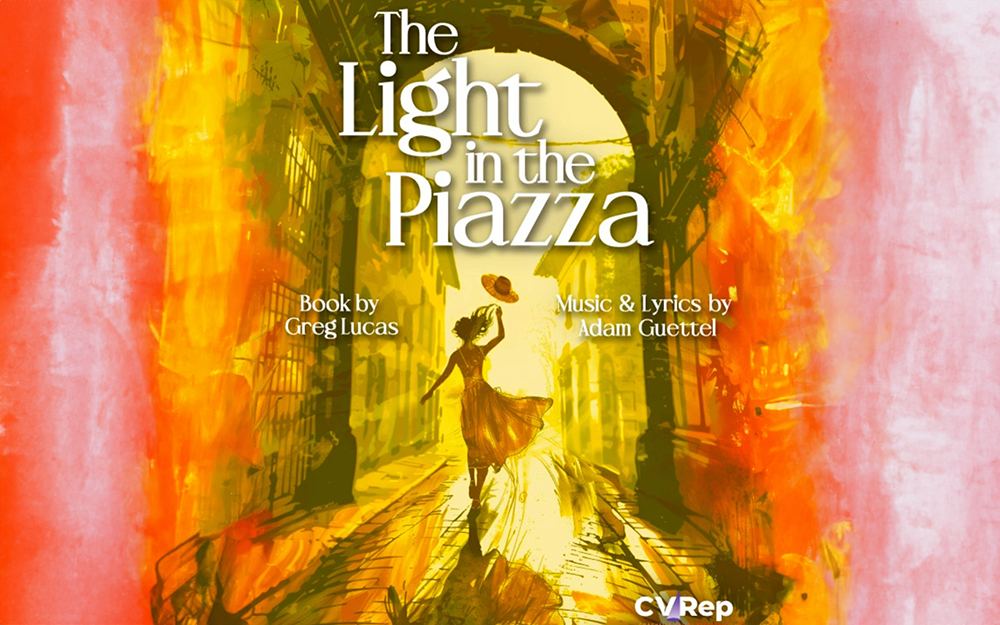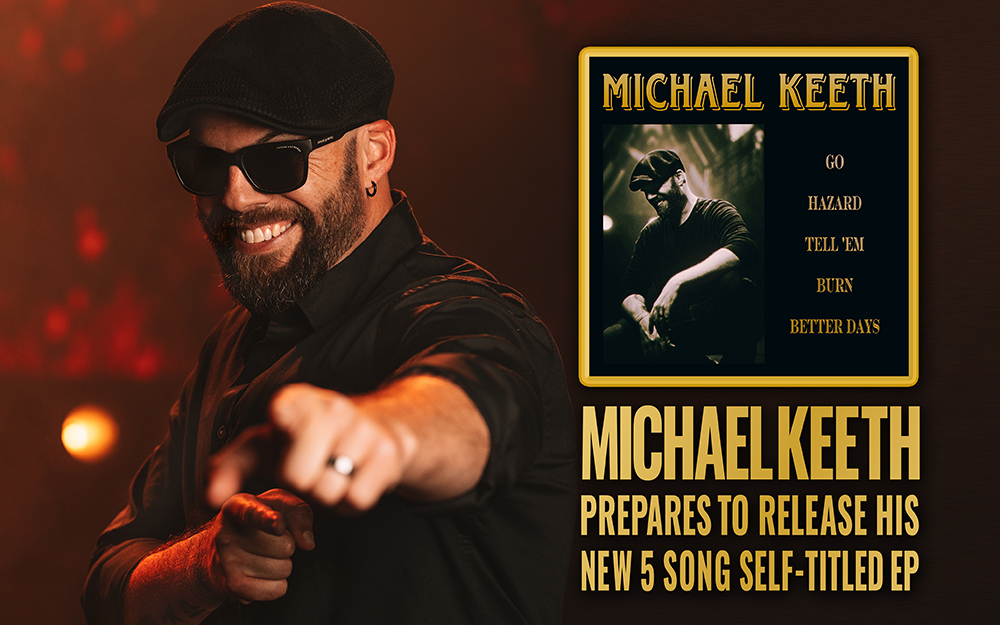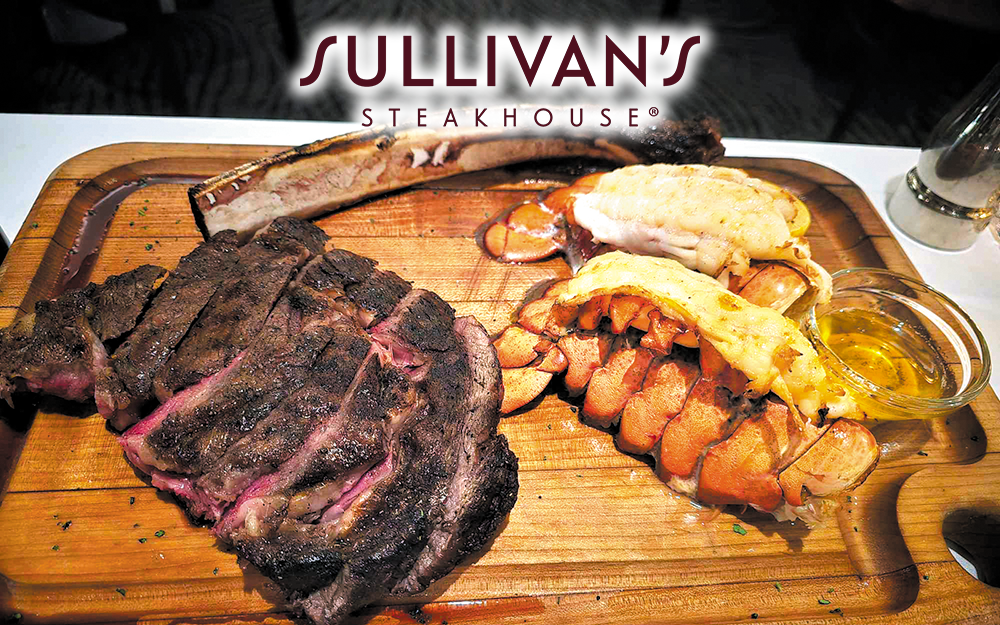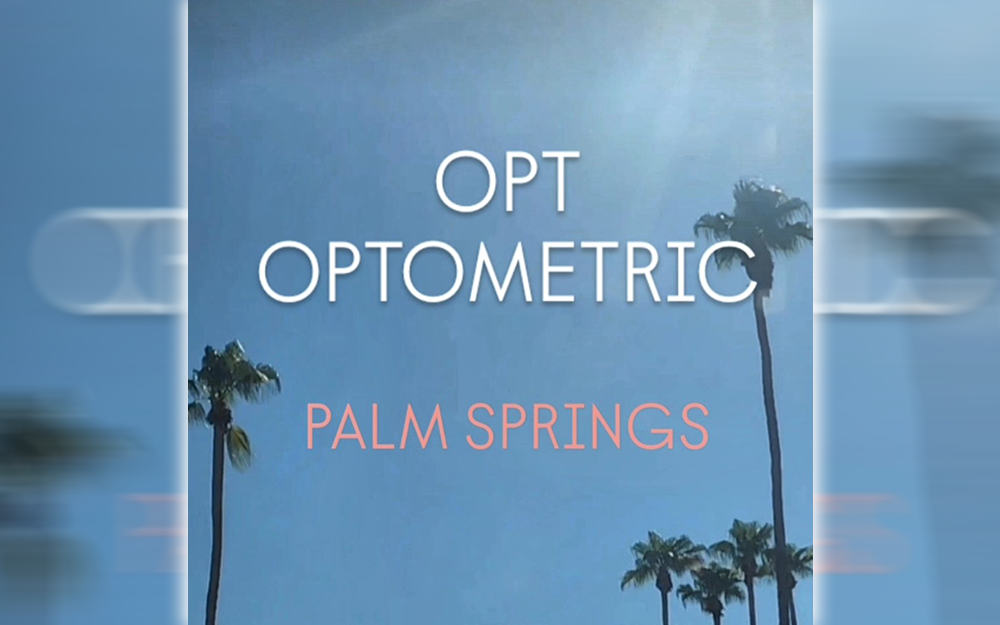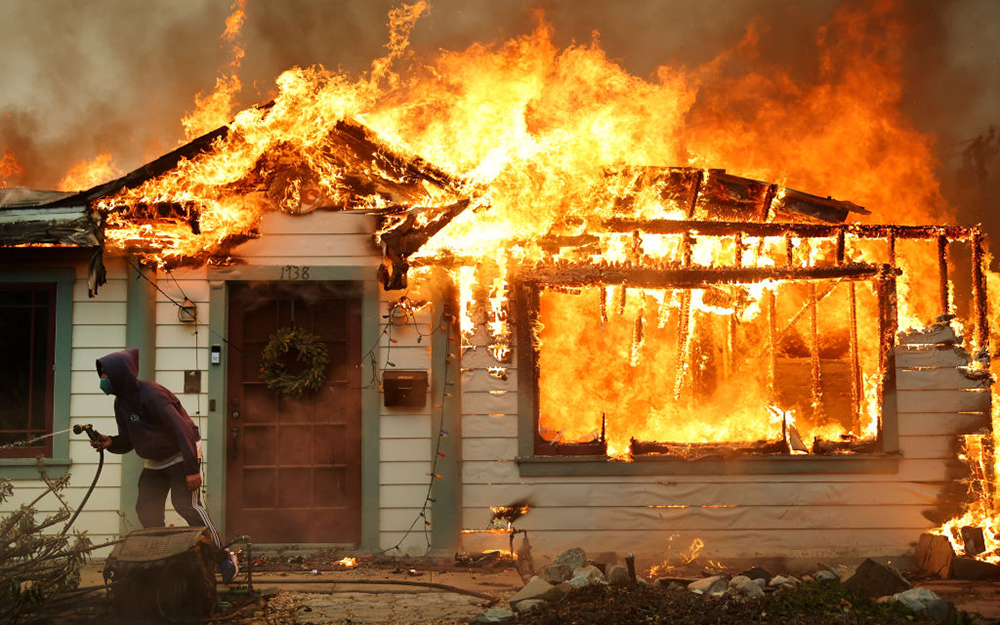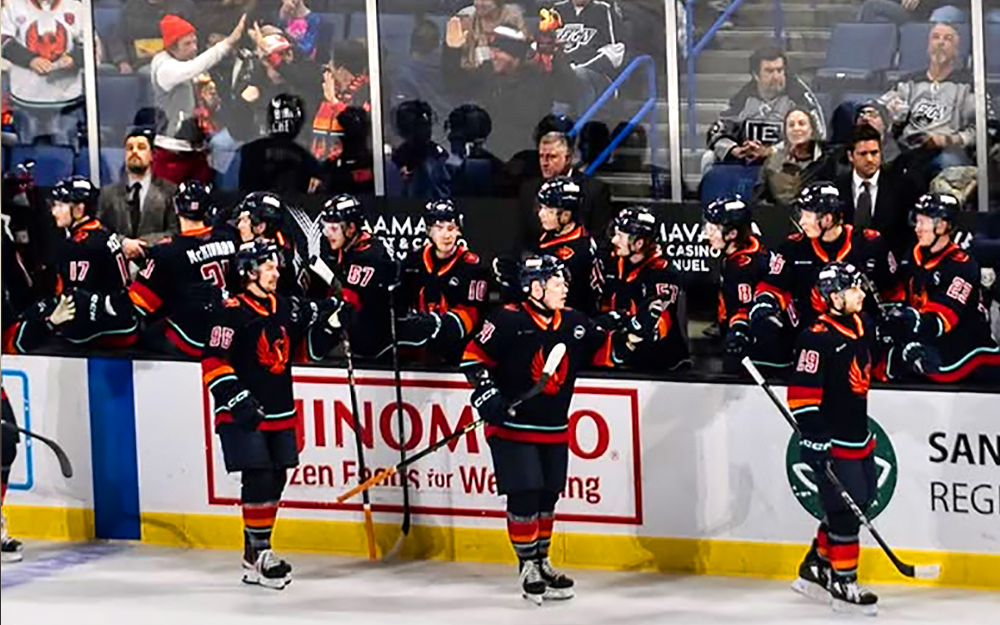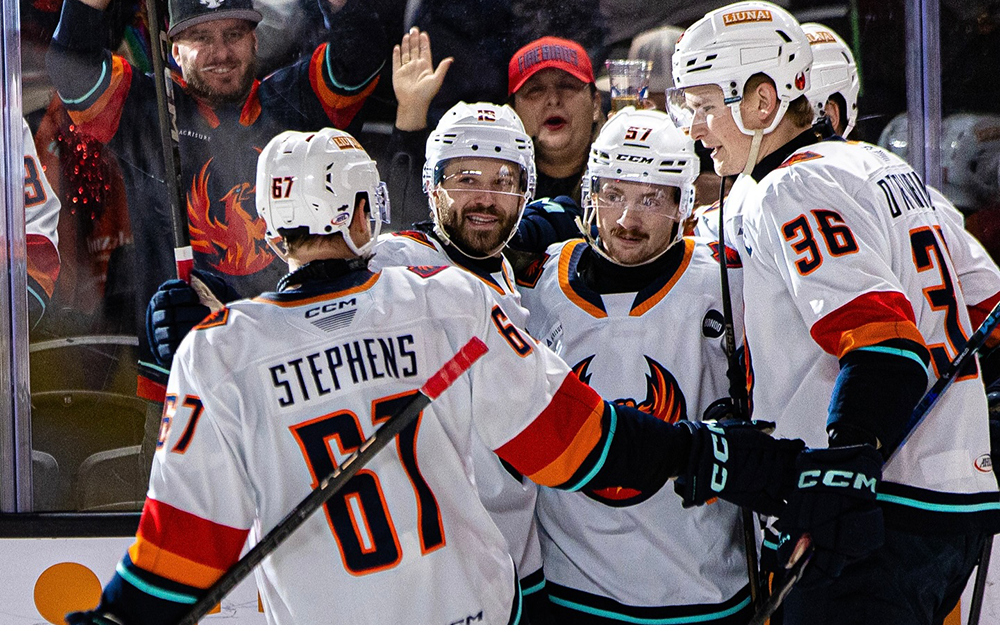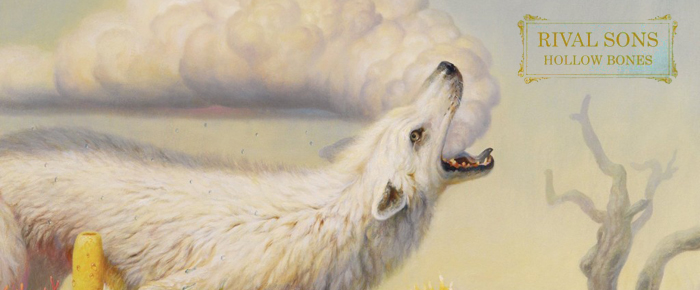
By Eleni P. Austin
“Jenny said when she was just five years old there was nothin’ happenin’ at all,
everytime she puts on a radio station there was nothin’ goin’ on at all, not at all.
Then one fine mornin she puts on a New York station, you know she don’t believe what she heard at all.
She started shakin’ to that fine, fine music you know her life was saved by Rock n’ Roll.”
Lou Reed wrote that song over 45 years ago, when he was the visionary voice of the Velvet Underground It was his final album with the seminal New York band, but the message still resonates today. Rock n’ Roll can save your life. The problem is conventional wisdom has that Rock N’ Roll is dead.
These days, thanks to contest shows like “American Idol” and The “Voice,” budding musicians are less likely to be found woodshedding in a garage, honing their skills and forging a bond with fellow band members. Instead they’re lining up to compete on television. The only requirements for that medium are stay in tune (for now), present a pleasant appearance and let “professional” musicians judge, coach and groom a contestant, and voila! A star is born. (Or at least a star is branded).
Take a look at the singles charts, or check out Top 40 radio and it’s all gimmicks, auto-tune, haircuts and Pop stars (with a dangerous hint of Rap). Rock N’ Roll has been relegated to the margins. Does that make you feel old? Try this on for size; bands like Green Day, Foo Fighters and the Red Hot Chilli Peppers are no longer snot-nosed punks, kicking against the pricks, now they’re considered “elder statesmen.”
The irony is Rock N’ Roll is everywhere. You just need to know where to look. Some of the best, most badass bands are right under your nose. Take for instance, Rival Sons from Long Beach. Currently, they’re Rock N’ Roll’s best kept secret.
Guitarist Scott Holiday, drummer Michael Miley and bassist Robin Everhart each cycled through a series of bands before they connected and formed Black Summer Crush with ex-Oleander vocalist, Thomas Flowers. The four-piece found some success on the road, but Flowers’ vocals never completely meshed with the vision Holiday had for the band. Sensing it wasn’t working out Flowers left the fold and the three soldiered on, searching for a new singer.
Jay Buchanan had also been a fixture on the Long Beach music scene, as a solo singer-songwriter and frontman for his band Buchanan. An artist steeped in the Blues, he really wasn’t looking to front a Rock band, but once he played with the guys, the chemistry was undeniable. Black Summer Crush was dead and Rival Sons were born.
The band immediately added Jay’s vocals to tracks they had already recorded. Their self-released debut, Before The Fire, arrived in June 2009. Rival Sons hit the ground running and toured relentlessly. Less than a year later they recorded a self-titled, six song EP. That’s when they came to the attention of Earache Records.
The British label had been around since the mid ‘80s and was known primarily as a home for Death Metal bands like Carcass, Fudge Tunnel and Deicide. Rival Sons became the first straight-ahead Rock band signed to Earache. They offered the four-piece complete artistic freedom.
For Before The Fire, Rival Sons had found a kindred spirit in producer Dave Cobb. He was also behind the boards for their EP, so it seemed only natural to retreat to his studio to record their first full-length album for Earache. The result, Pressure And Time, was written and recorded in an astonishing 20 days.
Released in early 2011, it’s still hard to quantify the brilliance of that record. Suddenly, here was the music Rock fans had been waiting for, and they didn’t even know it! Mind-blowing melodies, coupled with taut and economical musicianship plus Jay’s commanding vocals packed a visceral punch. The Rock cognoscenti quickly caught on. Storm Thorgerson the legendary artist behind the iconic Dark Side Of The Moon artwork, among others, created the thought-provoking cover art for Pressure And Time.
When the band resumed touring, they took Europe by storm, opening for giants like Alice Cooper, AC/DC and Kiss. Barely a year later they returned to Cobb’s studio (now located in Nashville). Again they came in with nothing, wrote and recorded an entire album in under three weeks.
Head Down, (released in Europe in September 2012 and America in March, 2013), was a sprawling and expansive long-player. As ambitious as Pressure And Time” was efficient. It cemented the band’s standing as the new Golden Gods of Rock. Asked in an interview if there were any new bands that excited him, Jimmy Page had one answer: Rival Sons.
Unfortunately, so much time on the road had taken its toll on Robin Everhart. The band was killing it overseas and beginning to attract a passionate fan base in America. Realistically, they couldn’t wait for MTV to start playing music videos again, and U.S. radio had yet to catch on. The best way to break the band was by incessant touring. They amicably parted ways with Robin.
Fortunately, old pal Dave Beste (known primarily for his work in Rocco DeLucca And The Burden), stepped in to finish the tour. It was a perfect fit, and he officially joined the band as they headed into the studio with Dave Cobb to record their fourth album, Great Western Valkyrie.
Arriving in June 2014, GWV was dense and intricate. Splitting the difference between the sharp songcraft of Pressure And Time and the grandiloquent achievement of Head Down. The album broke new ground and got the Sons some well-deserved attention. They appeared on David Letterman’s “Late Show” and “Later…With Jools Holland.” They also opened for Aerosmith, Lenny Kravitz and Deep Purple, and played venerable festivals like Rock Am Ring, Isle Of Wight and Glastonbury.
“Classic Rock” magazine has been an ardent supporter of the band since the beginning. They won a Best New Artist award from the publication, they’ve also written several feature and cover stories about Rival Sons. Invited to perform a two-song acoustic set at the Classic Rock Awards, held in Los Angeles, the band brought down the house. Ozzy and Sharon Osbourne witnessed the performance from the front row. Completely bowled over, the pair immediately asked the Sons to be sole support for Black Sabbath’s final world tour, which would run from January 2016 through most of 2017.
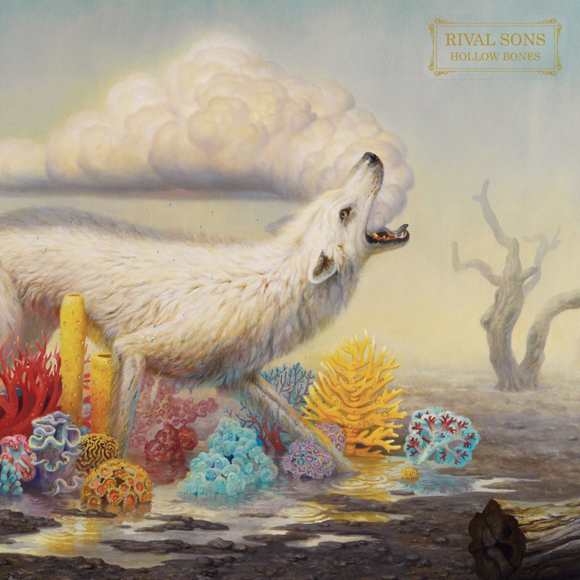 Being anointed by Rock’s reigning Prince Of Darkness as well as the actual progenitors of Heavy Metal was a huge deal. The opportunity offered them enormous exposure, and seemed almost too good to be true. The band truncated a bit of their Deep Purple commitment and reconvened with Dave Cobb in October 2015. Relying on their proven formula of creating new music in the studio and putting it straight to tape they spent two weeks in Nashville and the result is their fifth long-player, Hollow Bones.
Being anointed by Rock’s reigning Prince Of Darkness as well as the actual progenitors of Heavy Metal was a huge deal. The opportunity offered them enormous exposure, and seemed almost too good to be true. The band truncated a bit of their Deep Purple commitment and reconvened with Dave Cobb in October 2015. Relying on their proven formula of creating new music in the studio and putting it straight to tape they spent two weeks in Nashville and the result is their fifth long-player, Hollow Bones.
The album gets right down to business opening with “Hollow Bones Pt. 1.” Like the Incredible Hulk splintering through a door frame, the music careens out of the speakers at warp speed. Miley’s rat-a-tat, rapid fire drums spit out a fractious beat, Dave’s bass provides ballast and Scott’s bludgeoning riffs color outside the lines of the skeletal melody.
Jay’s acrobatic vocals leap into the fray offering something of a mission statement for the record. “This one’s gonna steal your tongue, this one’s gonna bruise your heel/You’ll pick your teeth right off of the floor, put ‘em back in your mouth like it’s no big deal.” Scott backs up this bold assertion with buzzy solo that twitches and strafes.
Obsessive love provides inspiration for three tracks. “Tied Up” captures the power and frisson of new love. Miley and Dave lock down an in-the-pocket groove, meanwhile, Scott’s serpentine licks slither through the mix. Jay’s vocals speed-shift between wanton sensuality and sweet, soulful devotion. Over the instrumental break, Scott unleashes a blistering solo that illustrates how he earned the nickname Mr. Fuzzlord.
Lust turns to anger, (to quote the Pretenders), on “Pretty Face.” Over Miley’s triple-time tattoo and Scott’s splattery riffs, Jay’s vocals bleed betrayal. Here he relates an eyewitness account of infidelity that provokes a sharp rebuke. “I never thought that a memory would leave me with such an open wound, but watching him all over you on the floor of my living room/I’ve got to go, got to go, before I let it all go black/If you wanna come, you can come, you’ll have to do it laying there on your back. You’re just another pretty face.” Scott’s licks sear and scorch, providing a wordless Greek chorus.
Finally, “Fade Out” is a defiant cri de Coeur. Jay’s elastic vocals pivot from anguished falsetto to an insensate, stentorian roar, insisting “Time is only a feeling that lives on what you feed it/And you are only a leaf, the tree’s so deeply rooted.” The melody and arrangement split the difference between sludgey heaviosity and Stax-Volt grit. Bottleneck guitar, roiling bass and a walloping stop-start rhythm provide succor. On the instrumental coda the band really cuts loose as Scott’s incendiary pyrotechnics take center stage.
Jay Buchanan’s vocals are nonpareil, you would have to go all the way back to British Blues belters like Eric Burdon, Steve Marriott and Robert Plant to find a comparable voice. But he is also a truly loquacious lyricist. His mien is salacious one song and spiritual the next. Occasionally, he also manages to slip in some trenchant social commentary. That gift is never more apparent than on two tracks, “Thundering Voices” and “Baby Boy.”
The former honors his Cree ancestry, and the ongoing plight of the American Indian. From the Trail Of Tears to Wounded Knee, this country has a long way to go before adequate reparations can erase generations of genocide, disease and poverty. The music is as powerful as the words. Miley pounds out a punishing tribal beat, Dave falls in line with churning bass lines and Scott’s staccato fusillade of power chords jackhammer through the rubble.
The latter feels like an oblique commentary on the abdication of societal responsibility and the constant barrage of gun violence that is almost commonplace in 21st century America. Accordingly, the world is now “An oil-can fire in the middle of the street, and if you try and touch it, you’ll burn your hands and your feet.” Here Miley intersperses a martial cadence with dropped tom-tom beats, Dave’s bass boomerangs through the hook filled melody. Scott’s riff-age shape-shifts from chugging to shimmery to a sandblasted chiaroscuro. Jay distills humankind’s dilemma into this cogent couplet, “It’s always ‘do as I say’ never ‘do as I do.”
The album’s penultimate track is “Hollow Bones Pt. 2,” a brittle meditation on faith and spirituality. Anchored by a see-saw rhythm, thumping bass lines and a sweet wash of keys, it expands and contracts at every twist and turn. Scott’s supersonic guitar stutters, skitters, snakes and sparks. Jay’s lyrics have an extemporaneous feel as he summons a higher power. His liturgy is all encompassing, referencing Hinduism, Christianity and the Red Road. His vocals are a revelation, exulting one minute, davening the next.
Also included here is the ‘Sons combustible take on “Black Coffee.” Originally an Electric Blues song from Ike & Tina Turner, a few years later it was recalibrated by British Blues-Rockers, Humble Pie. Rival Sons use the ‘Pie’s version as a template, kicking the track into caffeinated overdrive.
The album closes with “All I Want.” a tender encomium powered by acoustic arpeggios, electric, sleepwalker filigrees and a string section. Jay’s vocals are naked and vulnerable as he heads into uncharted territory; an unequivocal love ballad. A contemplative end to a brilliant record.
As the late George Martin was considered the fifth Beatle, Dave Cobb is very much the fifth Rival Son. The band gives him full credit for shaping their sound in the studio by capturing the essence of their live power. The band also received able assistance on piano and keys from their beardy tour soul-mate, Todd Ogren Brooks.
To paraphrase Mark Twain, the rumors of Rock n’ Roll’s demise have been greatly exaggerated. It may have flatlined, but never fear, Rival Sons are here, providing a much needed shock to the system.




